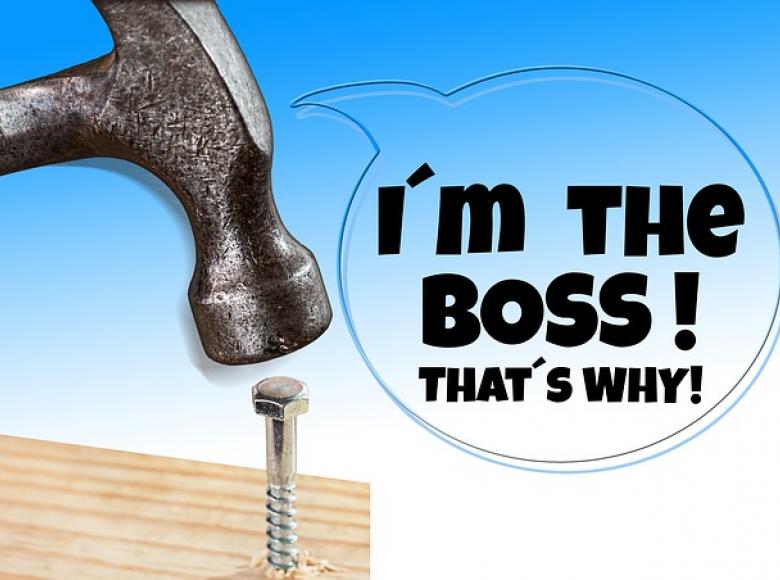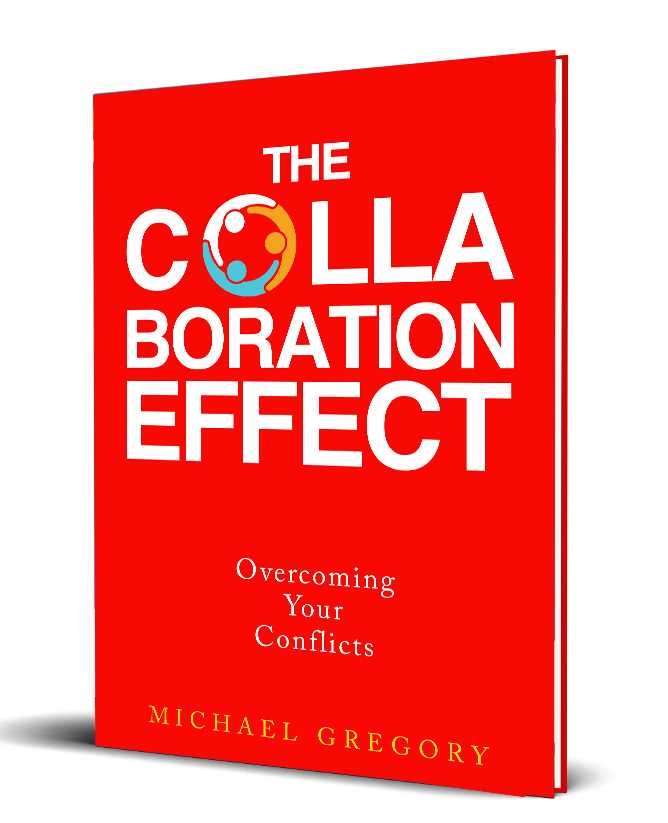
To avoid negative conflict and disputes and to promote collaboration, alignment, and purpose it is important to lead with compassion, have appropriate toughness, and listen with empathy. As a leader all of these matter. When someone is not performing well how should you proceed? Frustration is often a first response. I am sure you can relate. Especially if it reflects negatively on you. Responding with negative reinforcement is an initial knee jerk reaction, but research shows that when confronted with an underperforming employee that compassion and curiosity with suspended judgment works better. With appropriate coaching to the individual, you may have far better results. Compassion and empathy build trust. You want greater trust to promote improvement.
Some definitions
Compassion
Compassion means to be calm, confident, and competent. If you are hurt and brought to the hospital, you want your doctor or nurse to operate with compassion and focus on your needs. The same is true for what your employee wants from you as their manager. Lead with compassion. Read on. You also want to listen with empathy.
Toughness
Toughness in this sense does not mean punishment and teaching someone a lesson. That is one kind of toughness. Anger, frustration, and retaliation will not produce better working relationships and longer term improvement, though it can produce immediate short term change and might make you feel better. Toughness as a leader means being consistent, accountable (including you and the direction or lack or complete direction you gave), taking responsibility for actions, and giving feed forward on what we learned and what we can apply going forward. The key words are “we” and “feed forward.” Not feedback.
Empathy
Listen with empathy. If you have been listened to you are more apt to be listened to by someone else if you have taken the time to listen actively to them first. Take the time to listen actively with empathy. That is ask open ended questions. Paraphrase and summarize what you are hearing in your own words. Put yourself in their shoes. Ask what is going on in their world? Suspend your judgment and do not offer advice until you have taken the time to really listen with empathy.
What do you want?
Going forward do you want to enhance trust, loyalty, kindness, understanding, and a shared vision? If you do anger and frustration only work to undermine these attributes. Do not blame or embarrass the employee and do not blame yourself. Do not blame anyone. Instead explore the situation openly and determine what we can do going forward to address the situation. What can we learn and apply going forward? It is not about you. It is all about us. It starts with you.
Our brains respond more positively to others that show us empathy. With positive empathy this improves trust. With greater trust performance is enhanced. When you are attacked you shut down. Creativity is negated. Productivity is inhibited. The employee learns not to take chances or try new things. The employee will react with an attitude that reflects “Do what you are told.” Do not think outside box. Do not offer suggestions. Is that what you want? Or do you want employees that feel valued, want to help, are creative, offer ideas, and are more productive?
What should you do?
When an employee or team mate screws up the first thing you want to do is focus. Realize you have been triggered and work to control your emotions. Step back.
Reflect for a moment.
You have screwed up in the past too. How much did you appreciate that teacher, coach, or boss, who did not blow up at you and instead helped you through the process?
This will allow you to be a lot more thoughtful, composed, calm, reasonable, and confident with what you will both do and say. Consider practicing mindfulness with prayer, reflection, meditation, or yoga. Consistently studies have shown that practicing mindfulness for just 10 minutes a day for 21 days provides statistically valid results. You will be calmer, less prone to anger, and be able to address stressful situations better. This will allow you to take time to cool off before exploring the facts.
Be curious and ask the employee what happened and why. Remember that person that was patient with you when you screwed up. Think about how much that helped you. Now it is your turn.
Take the time to listen with empathy and put yourself in their shoes.
Enhance your skill set by exploring training and reading related to emotional intelligence, listening intelligence, and conversational intelligence. Be more self-aware and take the time to practice what you are learning.
Empathy will help you turn down your anxiety, anger, an apprehension. Then you can
focus on forgiveness.
I like the phrase I learned a long time ago that I have used many times in tense situations. It goes like this. “up until now, I thought you walked on water and were perfect. Now I know you are human like the rest of us.” This usually brings a smile and lightens the tension. This will make both you and the other person happier and reduce stress.
Why should you do this?
If what you want is better business results, improved customer satisfaction, enhance employee satisfaction, development of leaders, greater productivity, less employee turnover, and less sick leave, then consider compassion, kindness, and empathy with a toughness towards accountability with the continual lessons presented here. Provide feed forward so that we all continue to learn from our mistakes. Isn’t that what you want? A loyal, compassionate, caring, considerate workforce that is aligned with you and the organization going forward. If you are there for them when they needed you, they will be there for you when you need them. You will have each other’s back.
About the author
Mike Gregory is a professional speaker, an author, and a mediator. You may contact Mike directly at mg@mikegreg.com and at (651) 633-5311. Mike has written 12 books (and co-authored two others) including his latest book, The Collaboration Effect: Overcoming Your Conflicts, and The Servant Manager, Business Valuations and the IRS, and Peaceful Resolutions that you may find helpful. [Michael Gregory, ASA, CVA, MBA, Qualified Mediator with the Minnesota Supreme Court]

